Are You Looking For Orthotics In Chiswick, Croydon, Blackfriars ?
Chiswick, London W4 2EU
Croydon, Surrey CR0 6RD
Blackfriars, London SE1 8ER
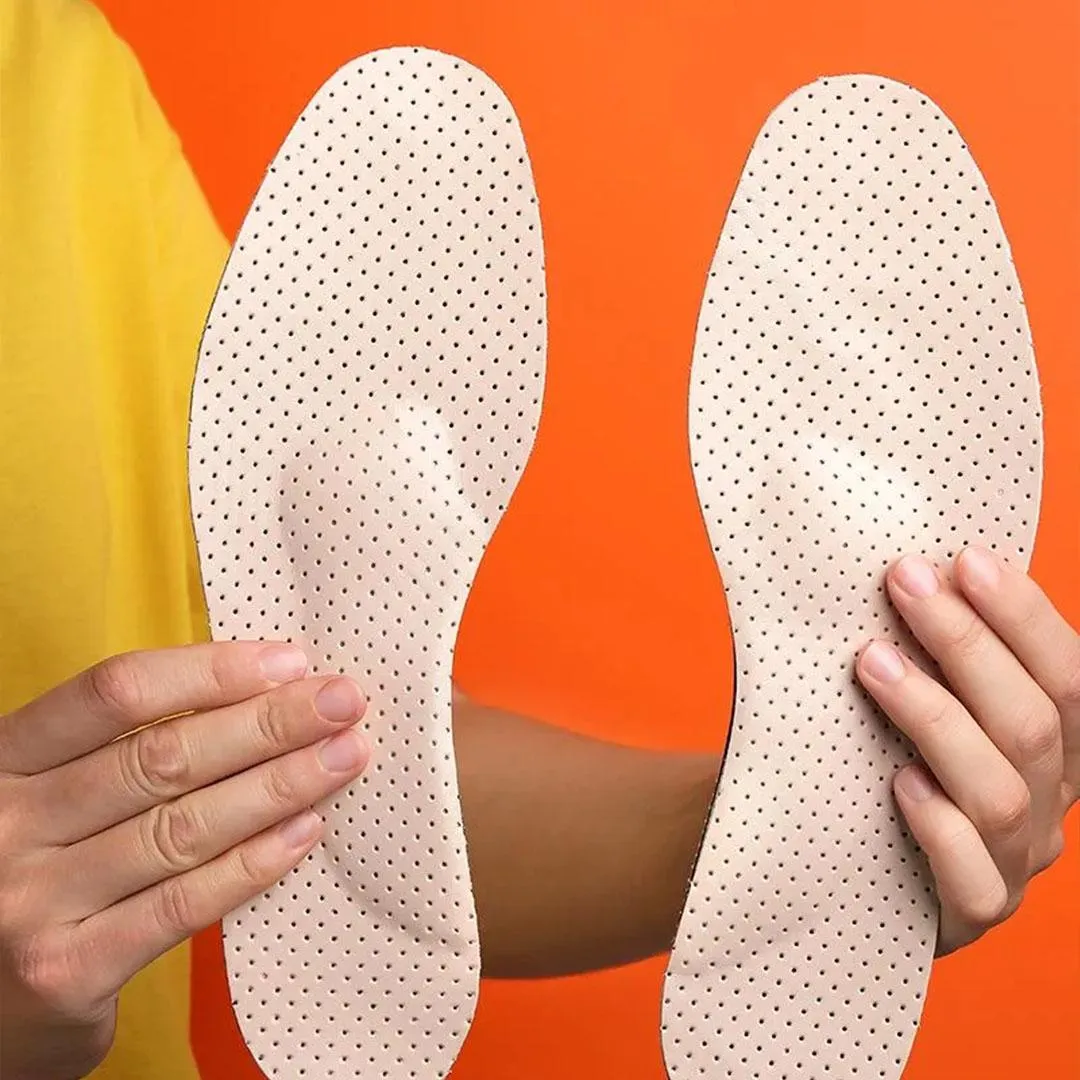
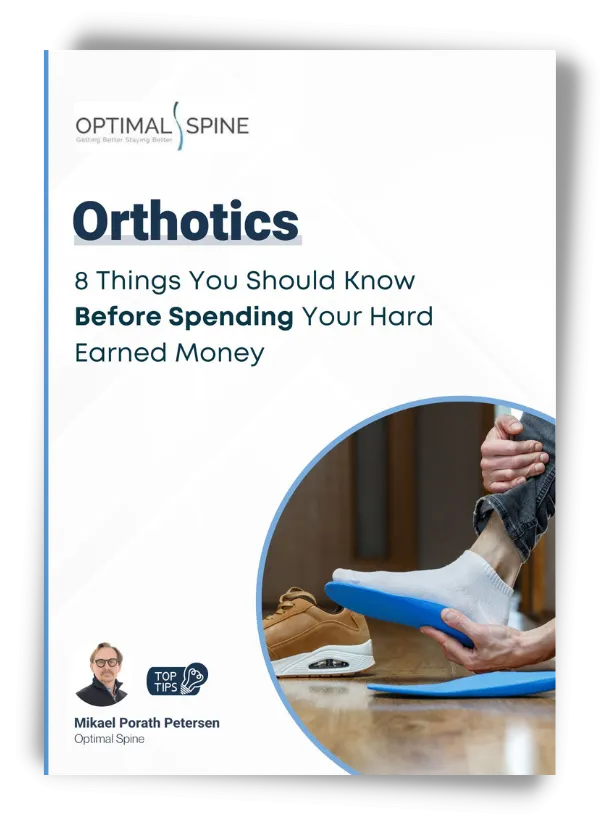
Download Your FREE Orthotics Information Pack:
“Orthotics...8 Things To Know Before Spending Your Hard Earned Money”
Click the button below to get your FREE Report
Comprehensive Chiropractic Care at Optimal Spine
Chiswick, Croydon, Blackfriars
Does any of this sound like YOU?
You are getting foot pain and not sure what to do or who to ask?
You think you might need orthotics but are not sure if they will work for you?
You are confused about which orthotics are right for you?
You have tried expensive orthotics in the past but you are still in pain?
You are frustrated that your foot pain is stopping you from doing the things you love?
You have orthotics, but they are too big to fit into shoes other than trainers?
You are avoiding going for walks because of your pain?
You have recurring foot, ankle, knee or back pain?
If you answered YES to any of the above, you may have found the ANSWER to your orthotics questions at Optimal Spine, Chiswick, Croydon, Blackfriars
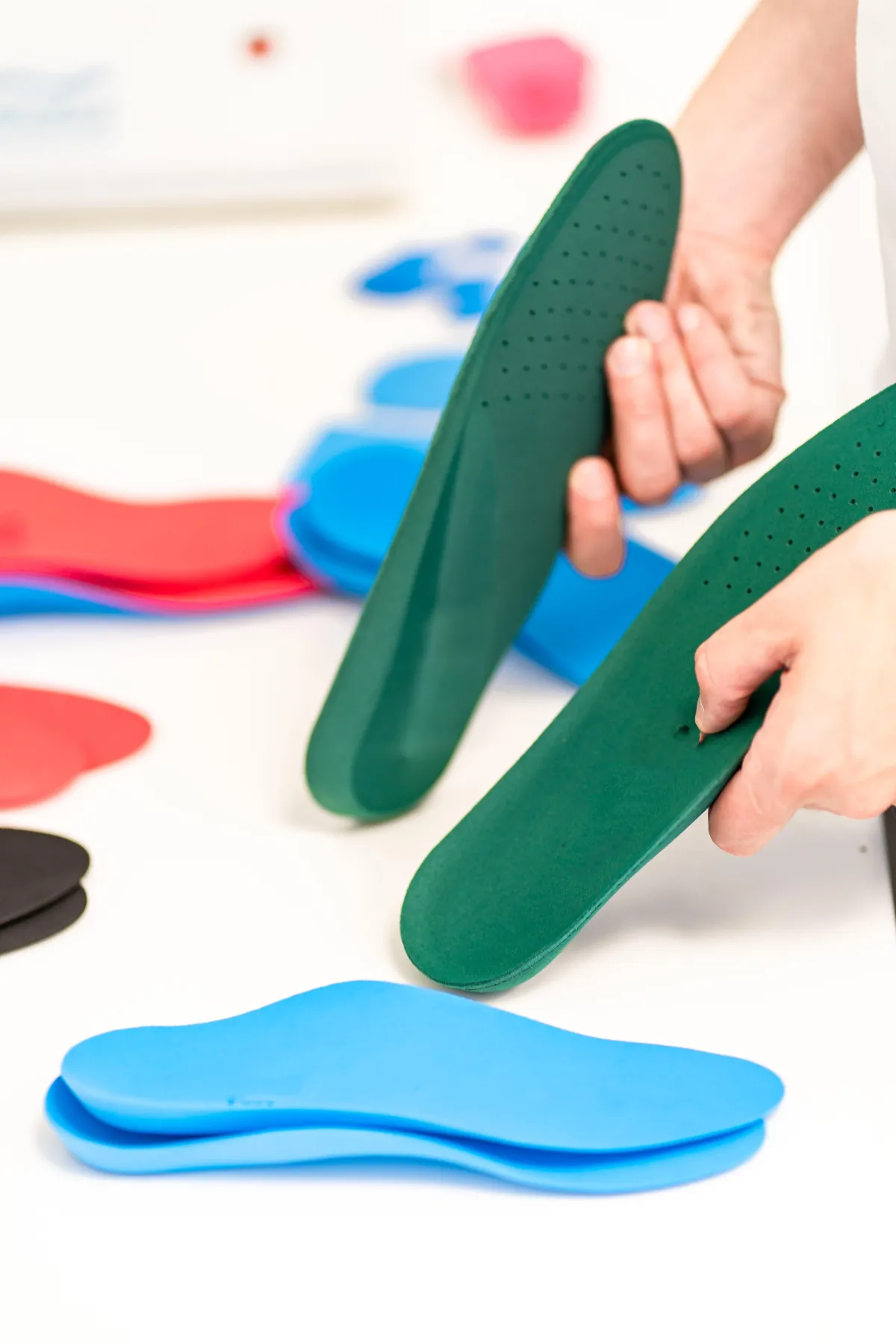
Still Feeling A Little Confused About Your Condition And Don't Know What To Do?
#1 Option (👍 most popular)

#2 Option - Send Us a Message

#3 Option - Book Appointment

What Causes Heel Pain?... And Why is Your Heel Pain Not Getting Better?
If you’ve got foot pain, stiffness or an ache – it’s very tempting to think that it’s nothing, that it will go away on its own. Or, you might pass it off as having just over done it, or that it’s just a “ache” or a bit of stiffness that “everyone” your age suffers from…
There’s no obvious reason why it happened – but it doesn’t seem to be shifting and its been there a good while now.
If that’s happening to you, you’re not alone – and we hear this type of thing all the time. In fact, long term foot pain is one of THE most common problems that we see in Optimal Spine.
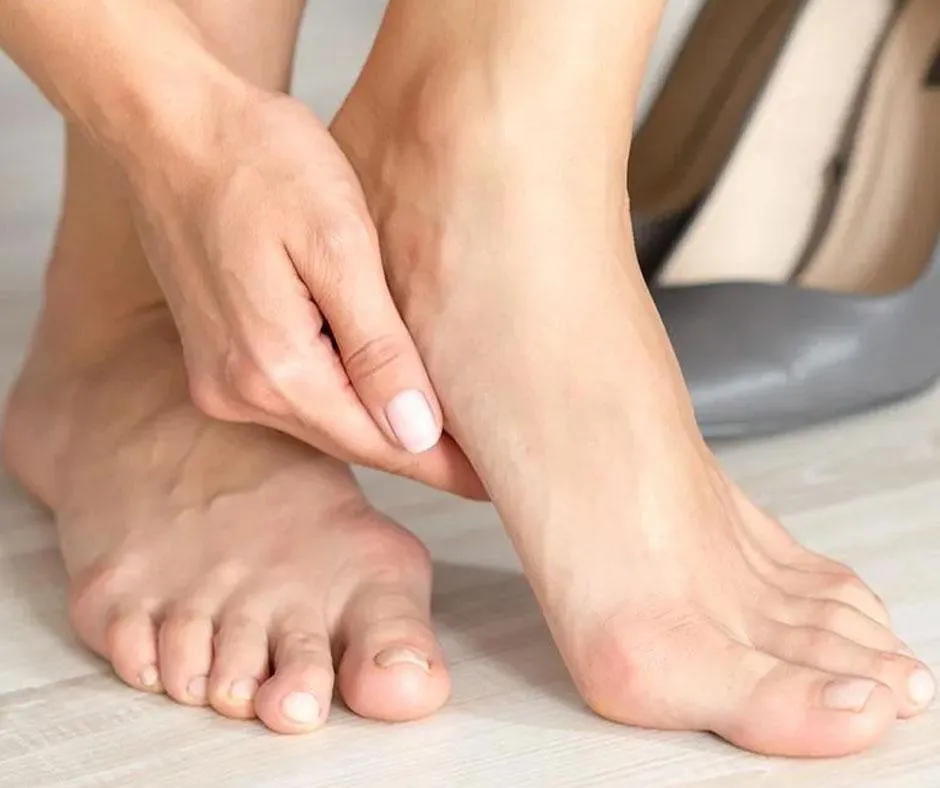
What Are Orthotics Used For?
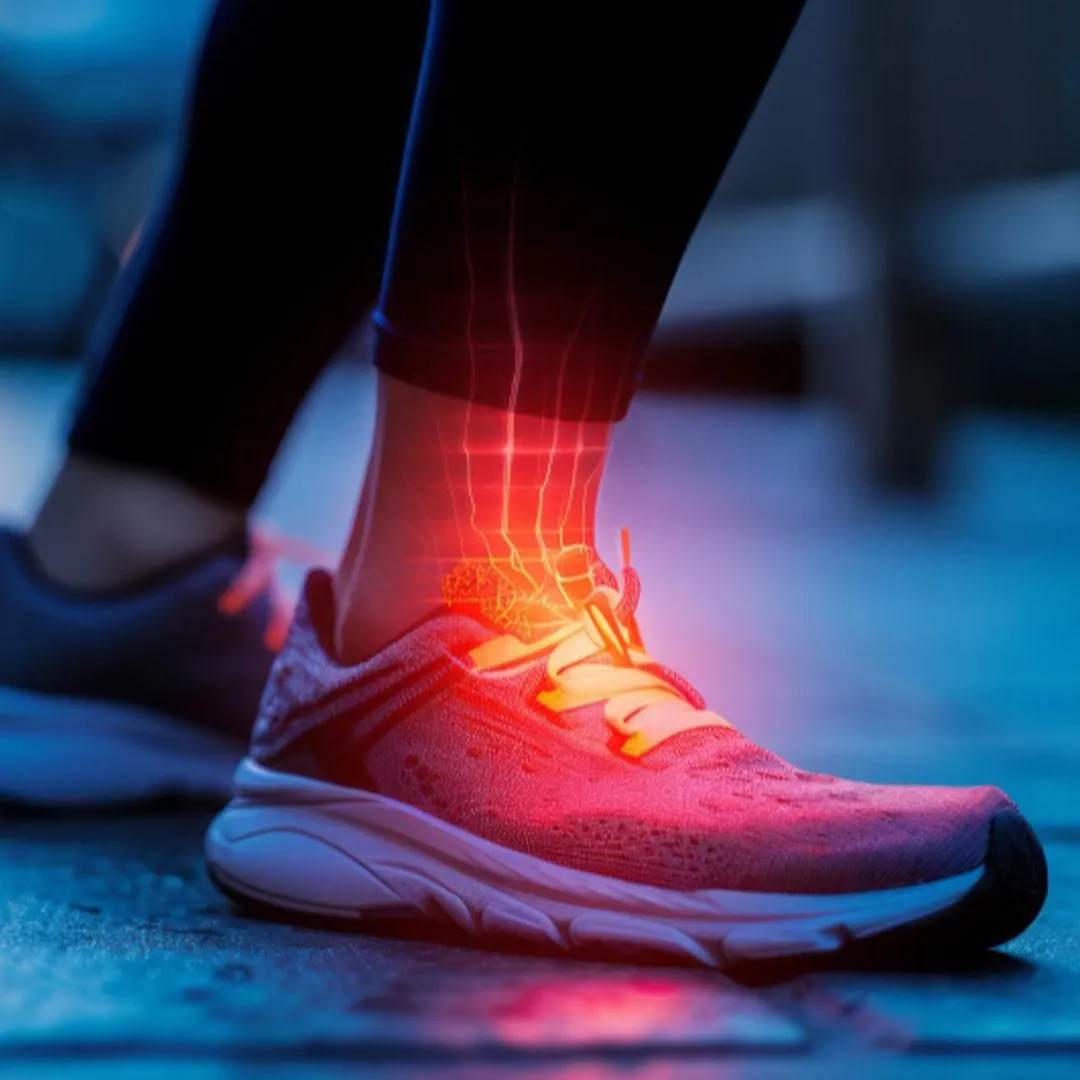
Foot Pain
Orthotics are used to address all types of foot injuries including:
Plantar Fasciitis
Heel Pain
Metatarsalgia
Pain in the ball of the foot
Fallen arches
Heel Spurs
Walking / gait problems
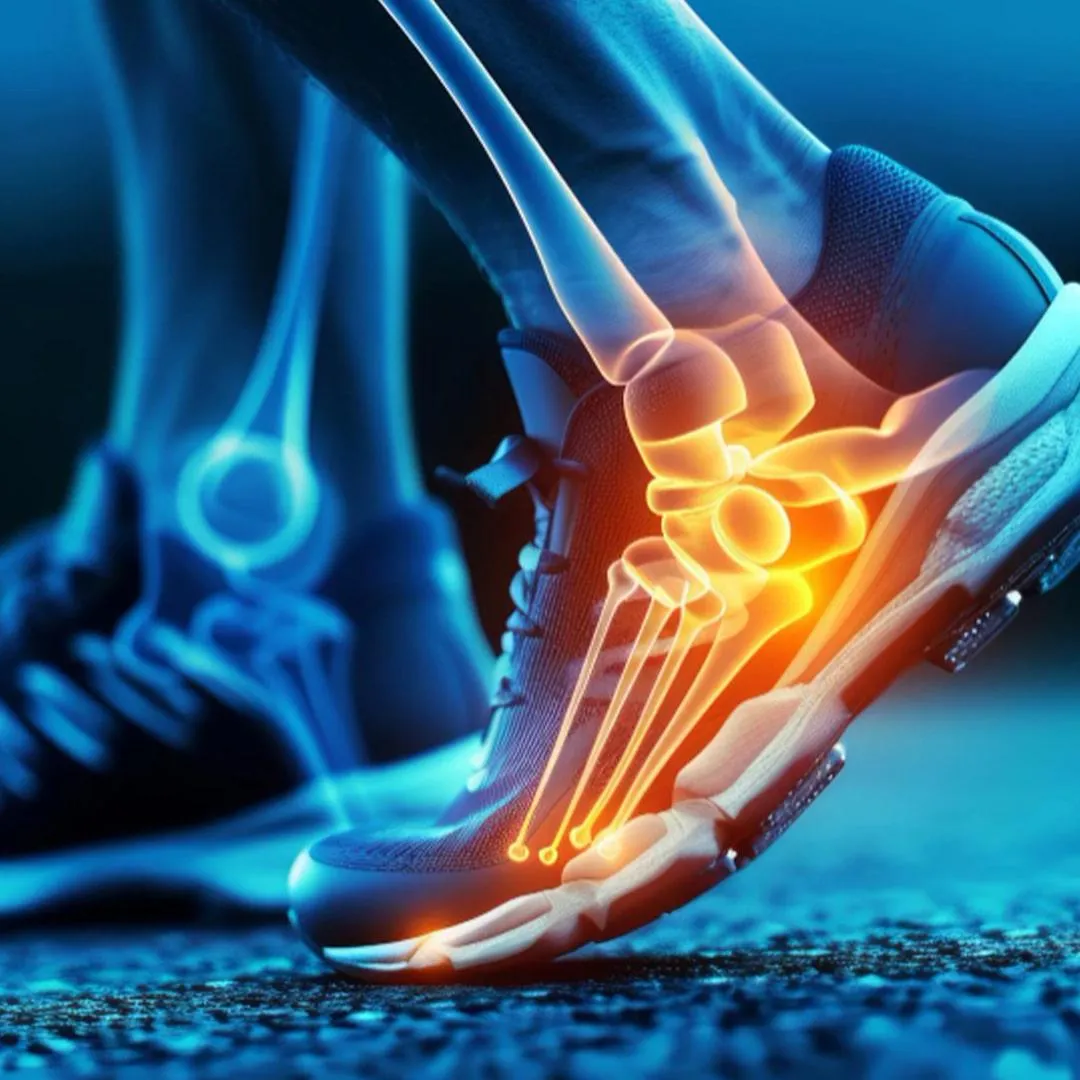
Ankle Pain
Orthotics can be used to address injuries in the ankle joint and tissues around it such as:
Achilles tendonitis
Ankle hypermobility
Ligament strains
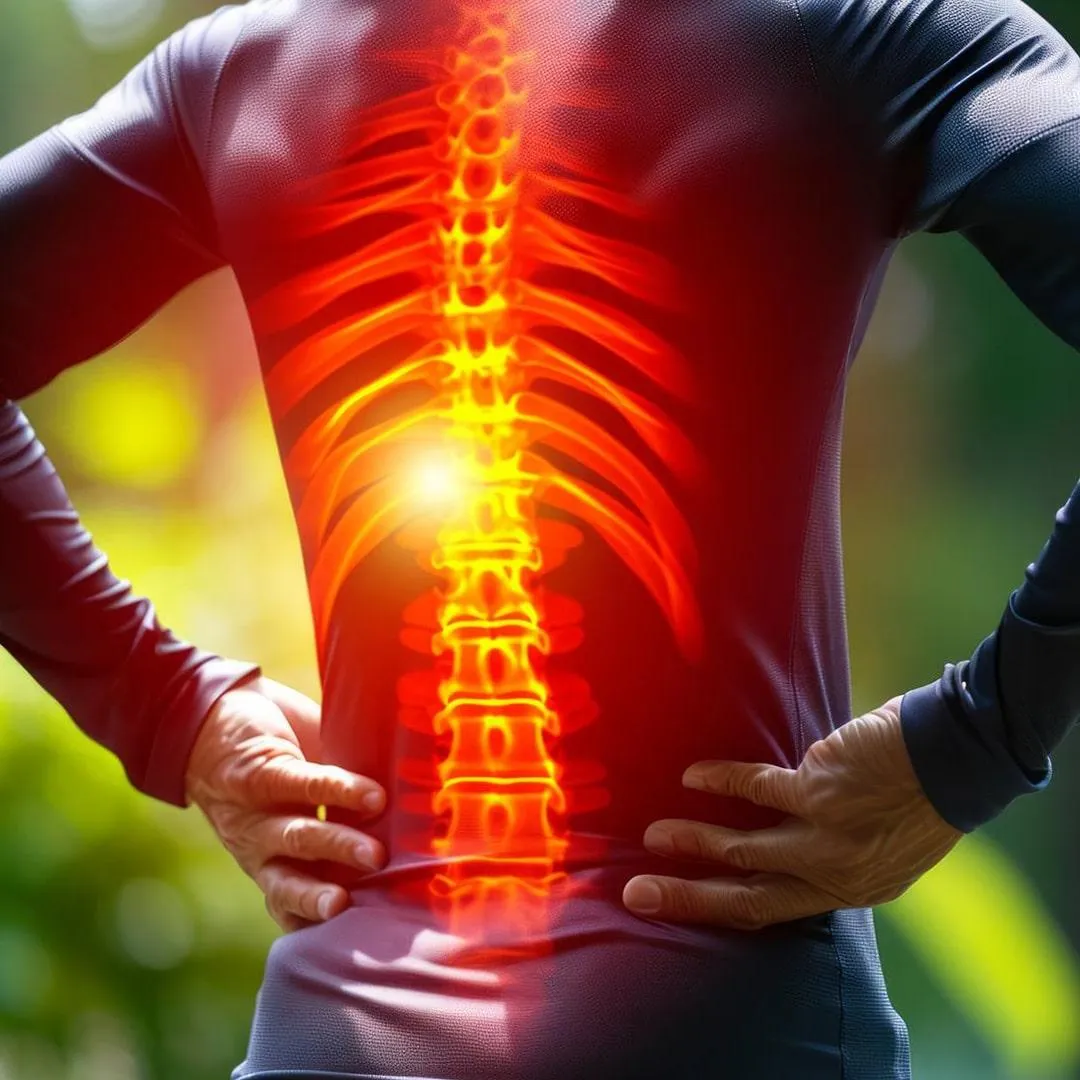
Back Pain and Knee Pain
Orthotics help to correct imbalances in the movement patterns of the feet.
Correction of these imbalances can help to improve the function of other areas in the body, particularly the knee joints and the low back.
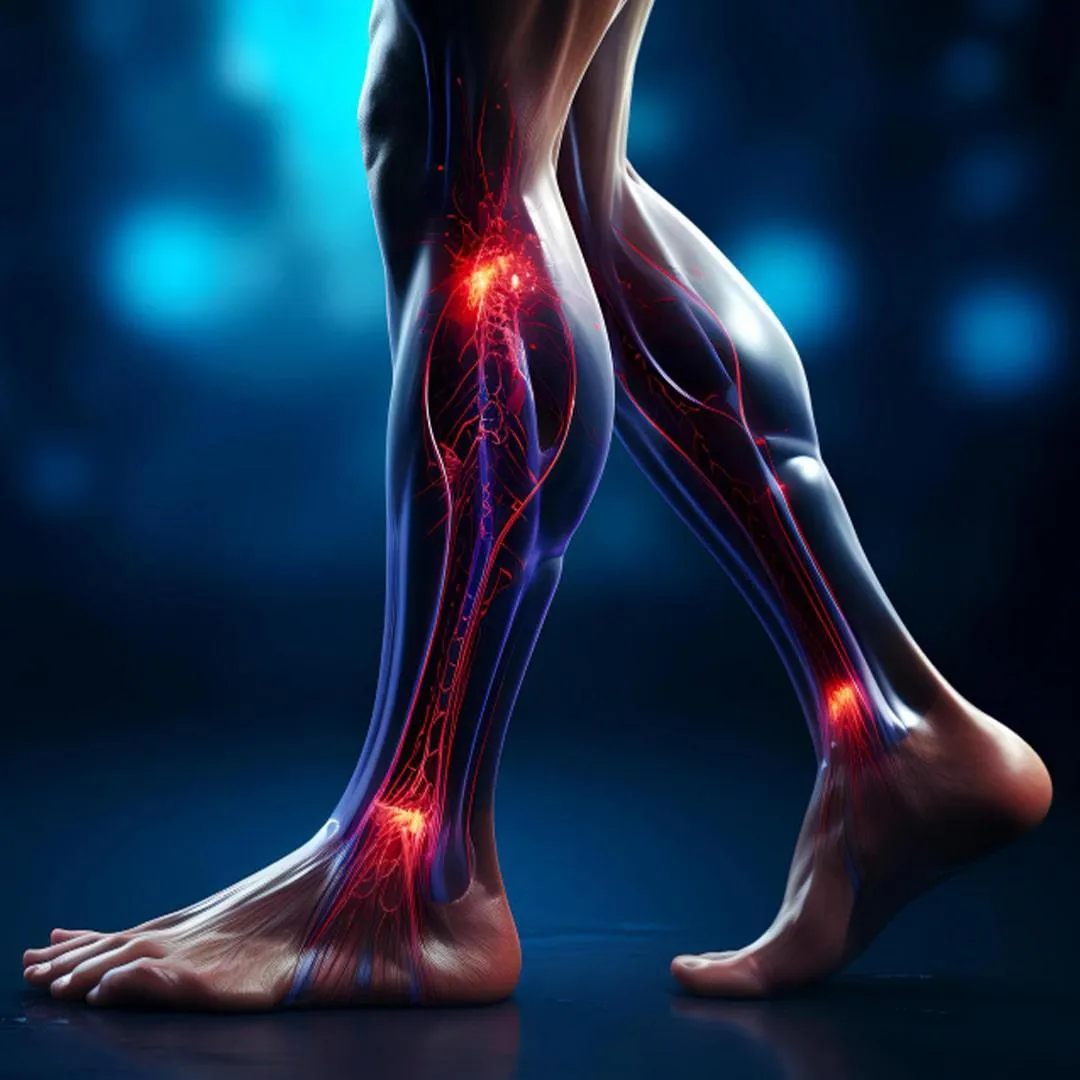
Arthritis
The improvement in foot movement and the cushioning and support that orthotics provide can help to offload other joints.
This can make a big difference if you are struggling with knee or hip arthritis, making walking easier and less painful.
Frustrated With Your Foot Pain?

Not sure who to ask?
Not sure what to do next?
Not sure who can help?
Please fill out the form below and chat with one of our team members about your right next step
The Orthotic Therapy Programme at Optimal Spine
Step 1 : Examination and Gait Assessment
During the comprehensive gait assessment, your
practitioner will perform an examination of your feet and ankles and the way you walk.
This allows for an overview of the alignment, movement, and muscle function of the lower limbs, taking into account your specific circumstances and history.
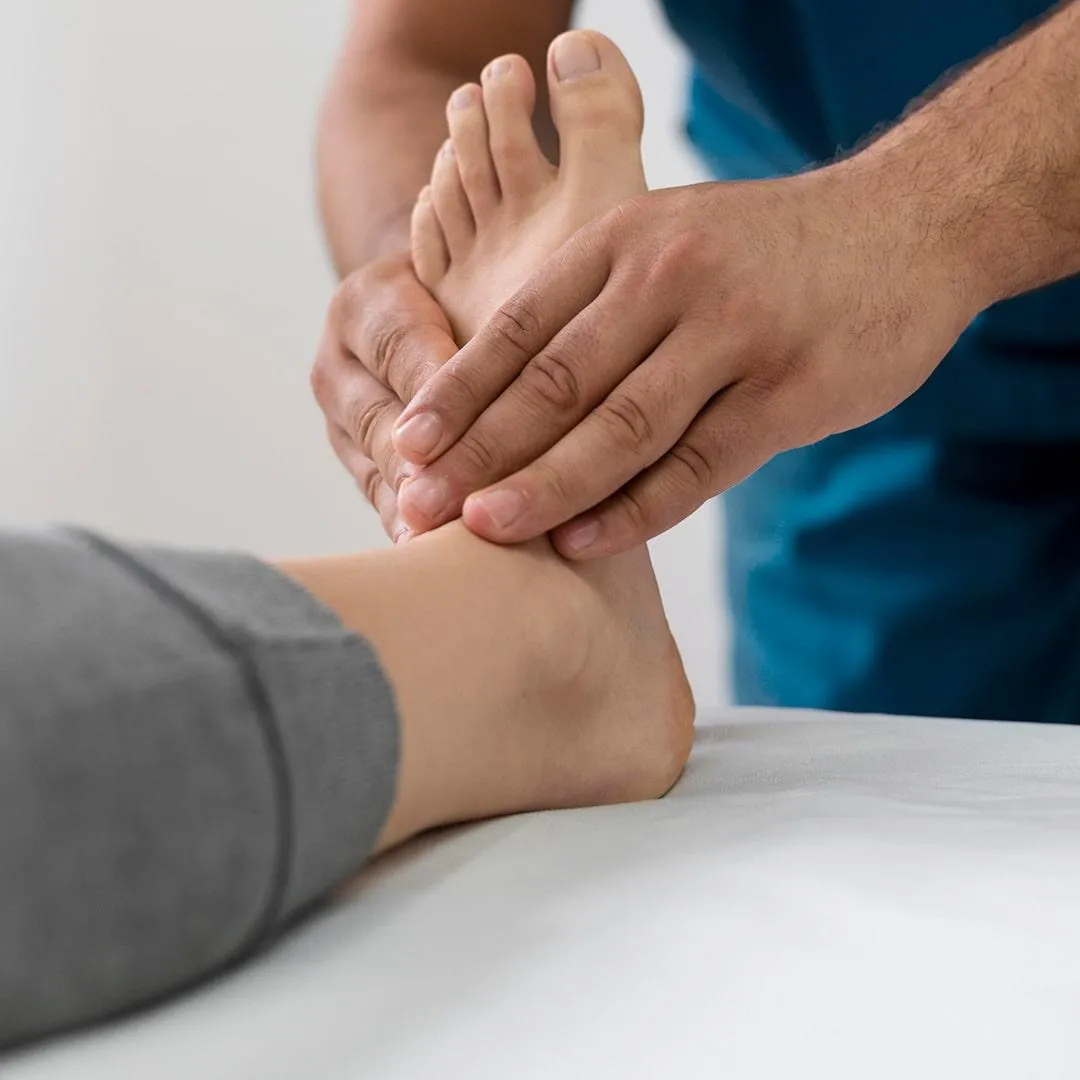
Step 2 - Latest Technology
At our clinic, we take pride in staying up-to-date with the latest advancements in technology to provide the best possible care for our patients. This includes investing in state-of-the-art equipment for prescribing orthotics.
We use a technique called Video Gait Analysis to assess your gait pattern in detail, regardless of how fast you move. This method enables us to capture every aspect of your movement and analyse it to identify any areas of concern. By understanding the unique nuances of your gait, we can prescribe orthotics that are customised to meet your specific needs.
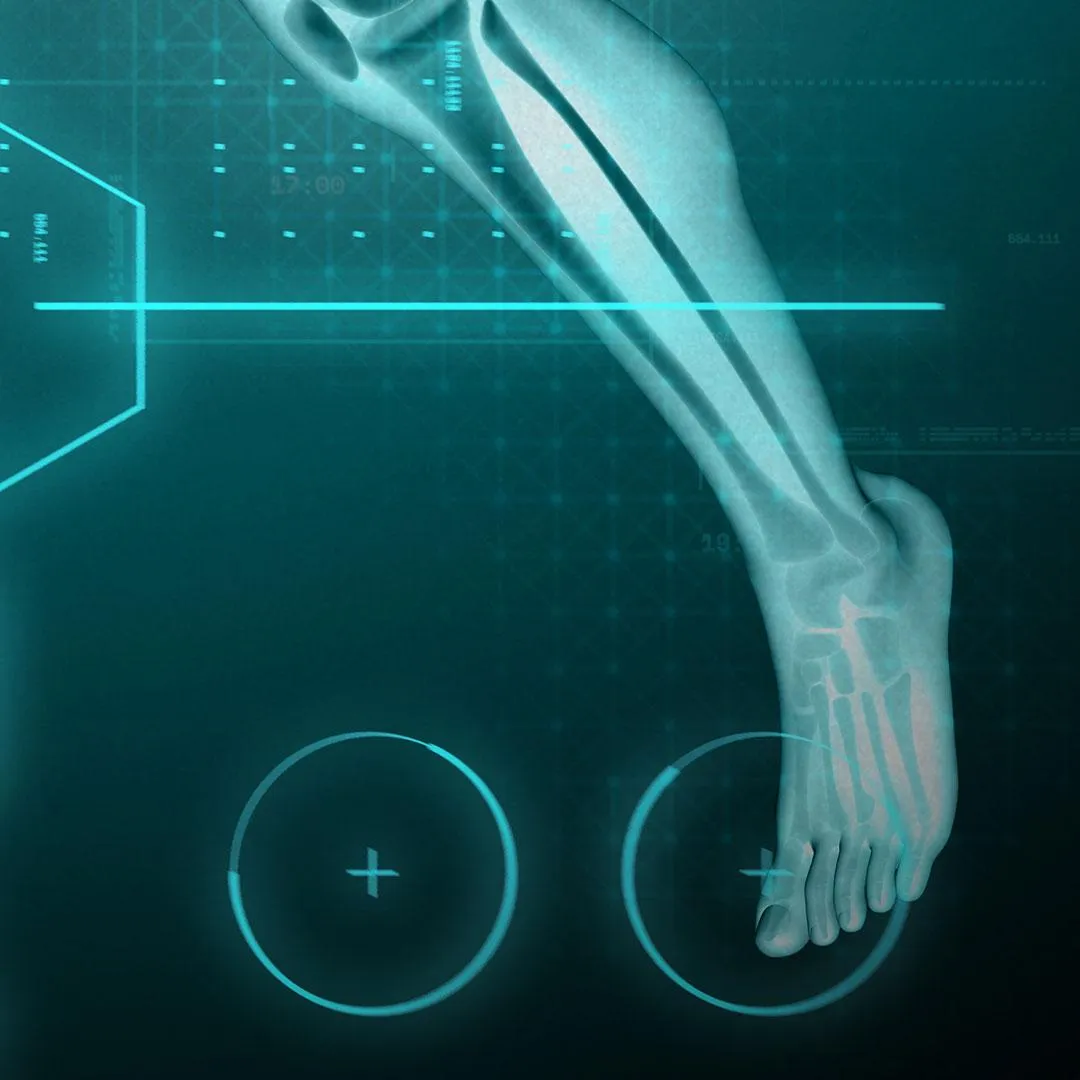
Step 3 - Recovery
Our orthotics are designed with the latest cutting edge technology, to get you back to normal and doing the things you love.
At [clinic name goes here], our team of orthotics experts understands that each person's needs are unique. That's why we often create individualised rehab programmes to ensure you get the most out of your orthotics.
And if you want to take a break from wearing your orthotics and slip into those nice shoes you've been eyeing, we can help make that possible too!
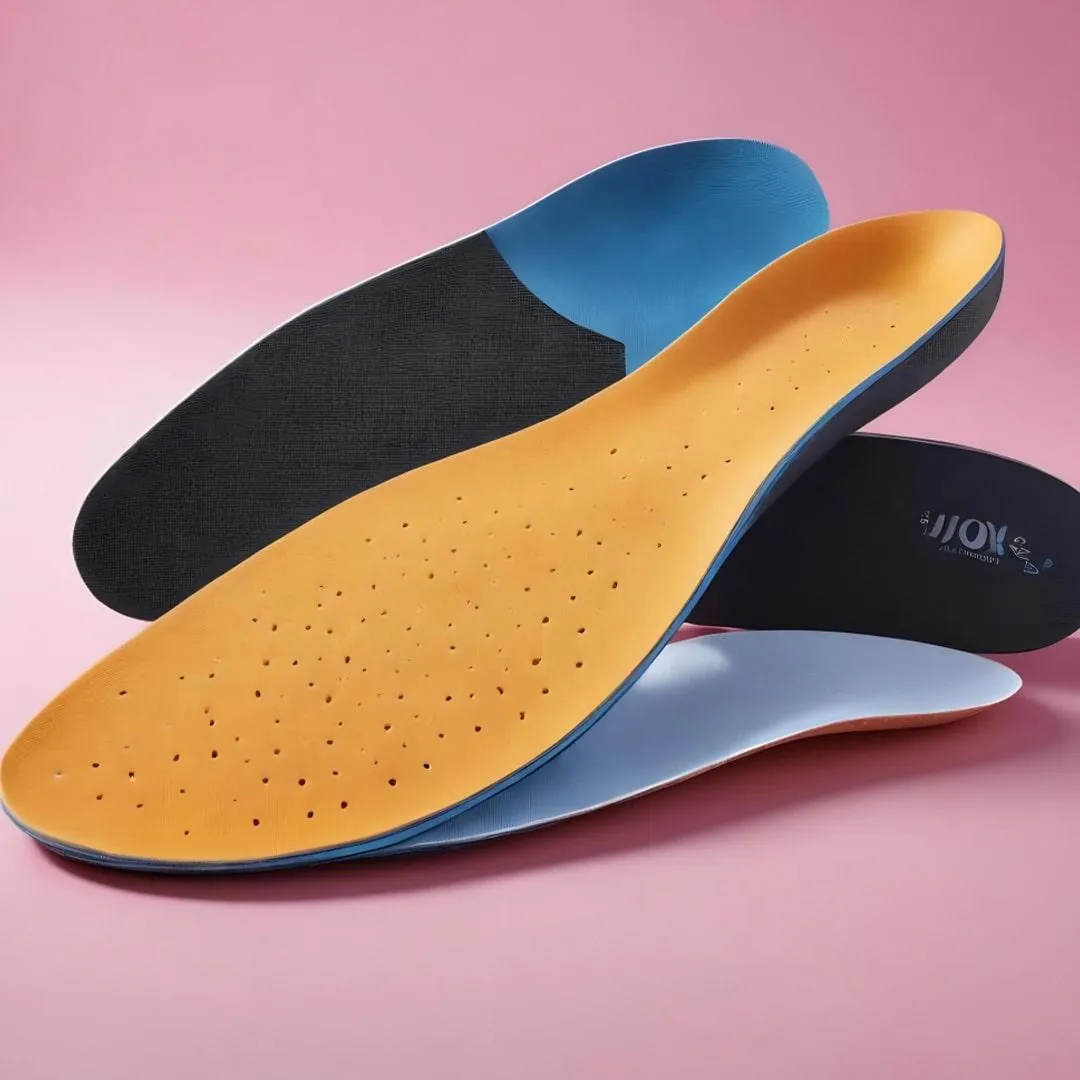
Is the Orthotic Therapy Programme Right for You?
Our team of chiropractors at Optimal Spine are experts in treating foot pain, helping 1000's of patients get back to walking and running with relief from foot pain.
Are your feet sore on a regular basis?
You can't remember the last time you didn't have foot pain getting out of bed in the morning?
Do you spend a lot of time standing?
Does standing, walking and running make your joints sore?
Do you have visible foot problems such as flat feet, bunions, callouses or high arches?
Do your parents have problems with their feet?
You have tried orthotics in the past, but they were too big for your everyday shoes and only fit in trainers?
Your foot pain is stopping you getting out and about and doing the things you love?
If you answered YES to any of the above, you may have found the ANSWER to your orthotics questions at Optimal Spine, Chiswick, Croydon, Blackfriars
Still Not Sure If Orthotics Are Right For You? Take Us Up On One Of Our FREE Options
Option #1 (👍 most popular)

Option #2


From Consultation to Treatment
What to Expect at Your First Chiropractic Visit
We're excited to see you at your appointment! We want to make sure you feel comfortable and well-informed, so don't hesitate to ask us any questions about our treatments, our clinic, or even our payment options. Our goal is to help you get back to living your life free of pain, so let's work together to make that happen!
Discuss your foot health goals
Provide x-rays if required
Complete foot examination
Discover your options
Start a custom treatment plan


4 Reasons To Choose Optimal Spine
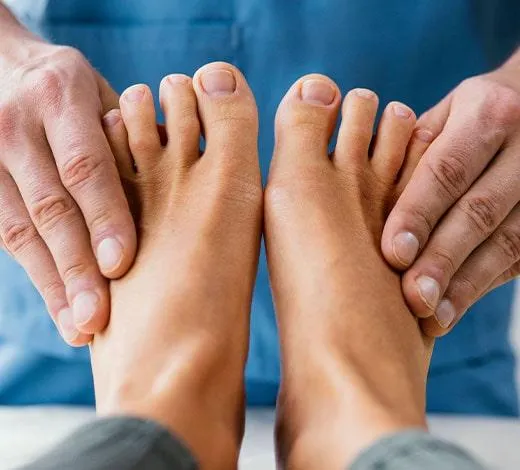
Specialised Expertise: Our clinic offers specialised care from highly-trained chiropractors in various fields like sports rehab and chronic pain management.
Comprehensive Approach: We provide holistic treatment plans combining manual therapy, exercises, and cutting-edge technology for a well-rounded approach.
Cutting-Edge Facilities: Equipped with state-of-the-art facilities and advanced equipment to support patients' recovery.
Proven Track Record: Our clinic's reputation is built on successful patient outcomes and positive feedback, fostering a supportive environment for rehabilitation.
Frequently Asked Questions About Orthotics
What are orthotics?
Orthotics are specialised devices designed to support and align the feet, ankles, and lower limbs. They are commonly used to improve foot function, alleviate pain, and provide better stability.
What conditions or problems can orthotics help with?
Orthotics can help with a variety of conditions including flat feet, high arches, plantar fasciitis, bunions, achilles tendonitis, shin splints, and overpronation or supination of the feet.
How do orthotics work?
Orthotics work by providing support, cushioning, and realigning the feet and lower limbs. They can help redistribute pressure, correct foot mechanics, improve stability, and reduce excessive motion that may cause pain or discomfort.
Can orthotics be used for both adults and children?
Yes, orthotics can be used for both adults and children. However, the specific type of orthotics and treatment approach may vary depending on the individual's age and condition.
Are orthotics custom-made for each individual?
Orthotics can be either custom-made or prefabricated. Custom-made orthotics are specifically crafted to fit an individual's unique foot shape and address their specific needs. Prefabricated orthotics are pre-made and come in standard sizes but can still provide some benefits.
How long do I need to wear orthotics?
The duration of orthotic use depends on the individual's condition and treatment goals. Some people may need to wear orthotics consistently, while others may only require them during certain activities or for a specific period of time. Your healthcare provider will guide you on the appropriate duration.
Will orthotics cure my condition?
Orthotics are not a cure for underlying conditions, but they can help manage symptoms and improve foot function. They are often used as part of a comprehensive treatment plan that may include exercises, footwear modifications, and other interventions.
Can I wear orthotics with any type of shoes?
Orthotics can be worn with a wide range of shoes, including athletic shoes, casual footwear, and some dress shoes. However, certain shoe styles may have limited space or insufficient support for accommodating orthotics, so it's important to consider footwear compatibility.
Are there different types of orthotics available?
Yes, there are various types of orthotics available, including arch supports, insoles, heel cups, and full-length orthotics. The type recommended will depend on the individual's condition and specific needs.
How often should I replace my orthotics?
The lifespan of orthotics varies depending on factors such as usage, activity level, and wear and tear. On average, custom-made orthotics may last 2-5 years, while prefabricated ones may have a shorter lifespan. Regular assessments by a healthcare professional can help determine if replacement is necessary.
Can I wear orthotics during physical activities or sports?
Yes, orthotics can be worn during physical activities and sports. In fact, they can provide added support, stability, and shock absorption, reducing the risk of injuries and enhancing performance. Consult with your healthcare provider for specific recommendations based on your activity level and needs.
Do orthotics have any side effects?
When properly fitted and used, orthotics generally do not cause significant side effects. However, some individuals may experience temporary discomfort or adjustment periods as their feet adapt to the new support. If any persistent issues arise, it's best to consult with your healthcare provider.
Will orthotics make my feet weaker?
Orthotics are designed to support and align the feet, but they do not inherently weaken the muscles. In fact, they can help improve foot function, which may ultimately contribute to better muscle strength and stability over time.
Can orthotics be used as a substitute for surgery?
In some cases, orthotics can be used as a conservative and non-invasive alternative to surgery. They may help alleviate symptoms and improve foot mechanics, reducing the need for surgical intervention. However, the suitability of orthotics as an alternative to surgery depends on the specific condition and should be determined by a healthcare professional.
Please note that while these answers provide general information, it's important to consult with a healthcare professional for personalised advice and recommendations based on your specific condition and needs.
Frustrated With Your Foot Pain?

Not sure who to ask?
Not sure what to do next?
Not sure who can help?
Please fill out the form below and chat with one of our team members about your right next step
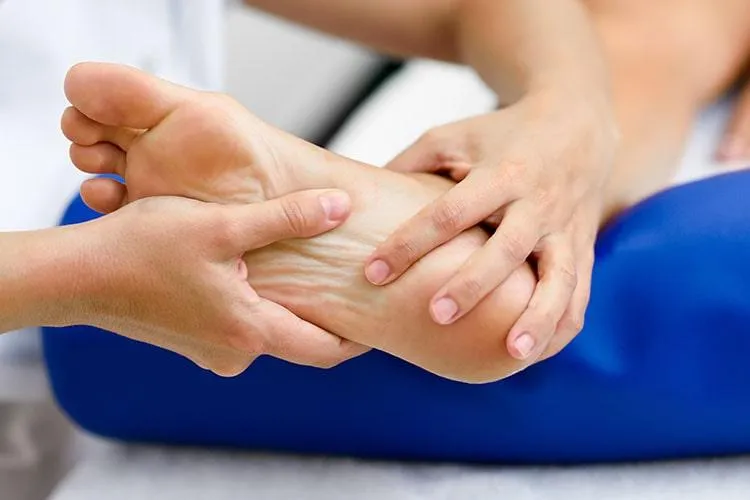
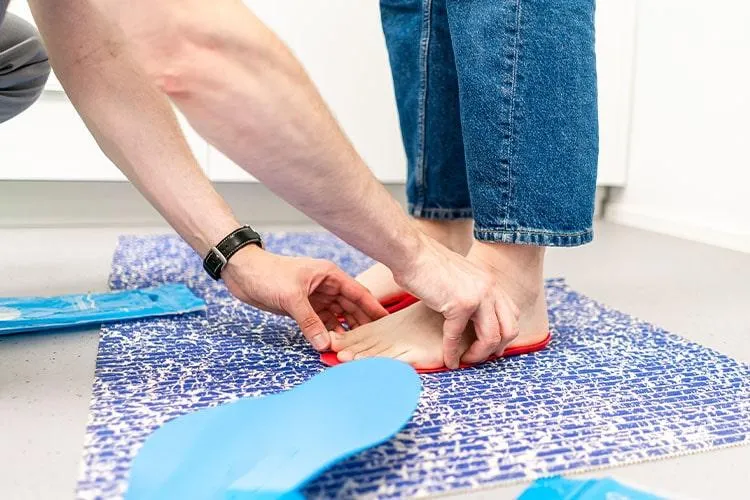
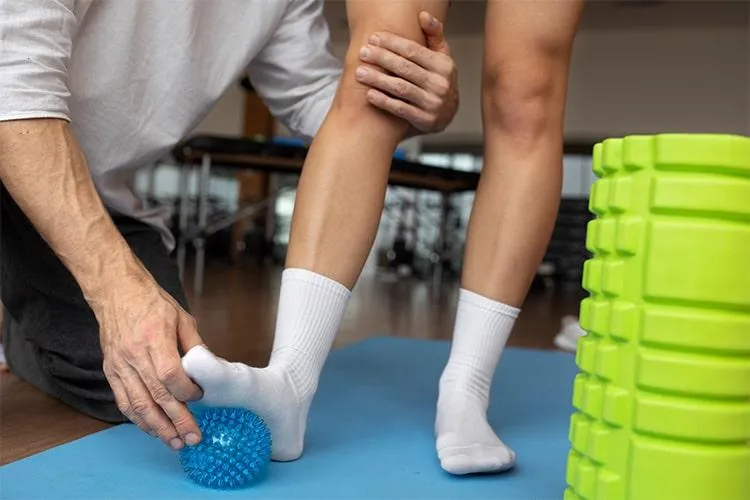
Where To Find Optimal Spine

If you have any questions before scheduling an appointment or for general enquiries, please use the contact us button below. Our team will promptly reach out to assist you.

